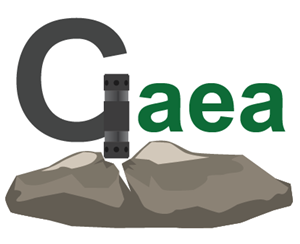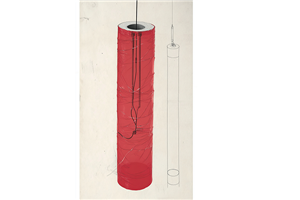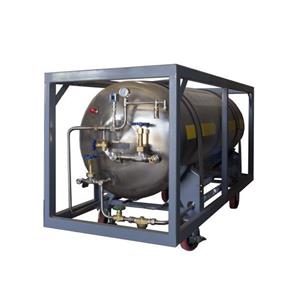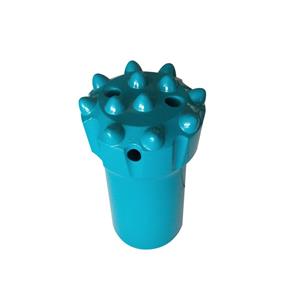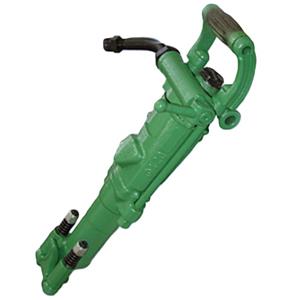Maintenance of air-leg rock drill jack hammer
Related products Link:
Maintenance of air-leg rock drill jack hammer
1. Lubricant:
Lubrication has a great influence on the performance and service life of the machine. Oil-free operation is strictly prohibited, and it is best not to use grease for lubrication to avoid clogging the machine orifices and blocking the gas flow, thereby reducing machine efficiency and accelerating parts wear.
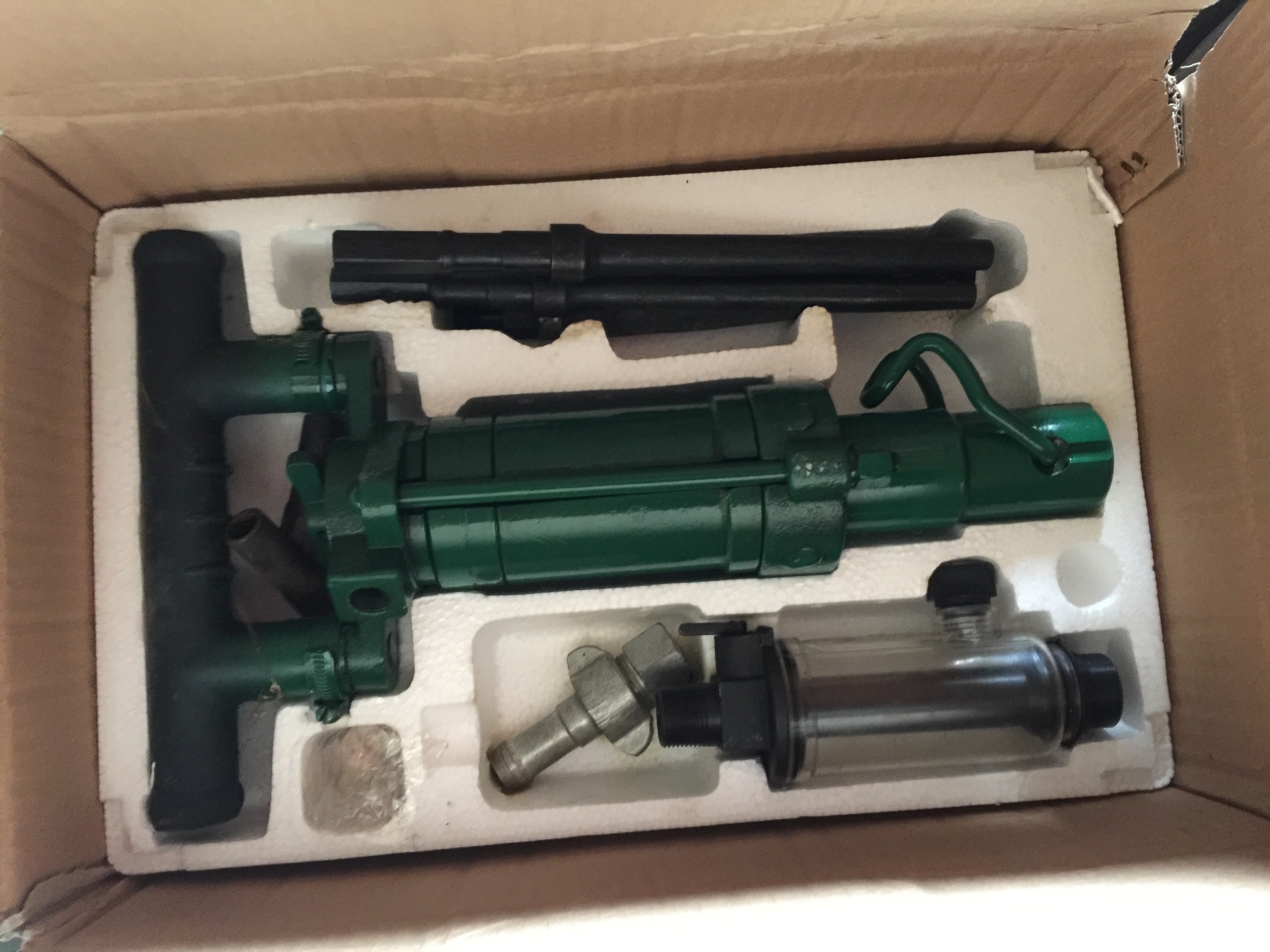
2. Trachea and air pressure:
① Trachea
The inner diameter of the air pipe is 25 mm. In order to avoid excessive pipeline pressure loss, the length of the air pipe from the air source to the machine shall not exceed 15 meters, and the diameter of the pipe joint shall not be less than 20 mm.
② Air pressure
The working air pressure of a rock drill is one of the factors that directly affects the drilling efficiency, economic effect and the service life of the parts. The rock drilling speed increases with the increase of air pressure, but the air pressure is too high, the machine vibration is also large, it is easy to damage the rock drilling tool, and the parts wear fast; the air pressure is too low, the efficiency of the machine cannot be fully utilized. Therefore, the working pressure of this machine is generally 0.4~0.63Mpa.
3. Water pipes and water pressure
The inner diameter of the water pipe is 13 mm. The working water pressure should be lower than the current working air pressure. Too high water pressure can easily cause malfunction of the air-water linkage structure, even "hammer washing" and damage to the machine's lubrication. Generally, the working pressure of water pressure is 0.2-0.3 MPa.
4. Drill rod
The drilling efficiency of the rock drill and the service life of the parts have a great relationship with the early quality of the drill rod. The drill rod is best to use a standard hollow hexagonal drill rod (GB6481-86). The manufacture and use of drill rods should meet the following requirements:
① The hardness of the end face of the shank is HRC49-45 as the most suitable.
② The end face of the drill tail should be flat and perpendicular to the axis of the drill rod, and the chamfer should not be too large.
③ The axis deviation of the pinhole of the drill tail water is not allowed to exceed 1 mm, and the hole diameter and hole depth should meet the requirements.
